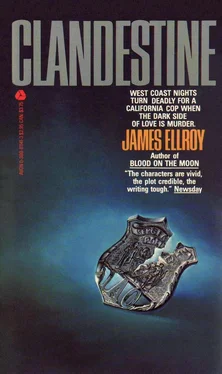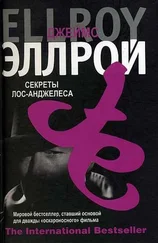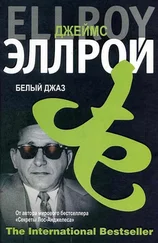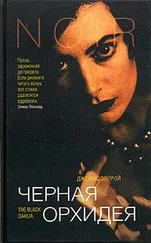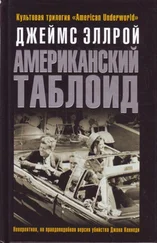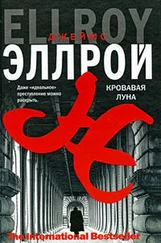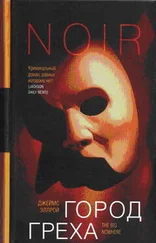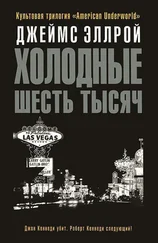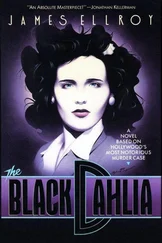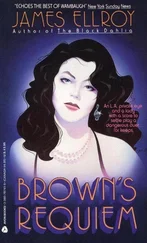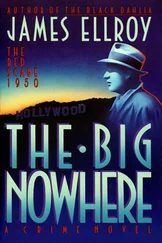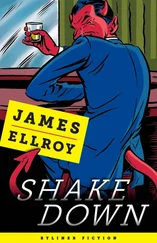During the dark, cold winter of 1951 I worked Wilshire Patrol, played a lot of golf, and sought out the company of lonely women for one-night stands.
Nostalgia victimizes the unknowing by instilling in them a desire for a simplicity and innocence they can never achieve. The fifties weren’t a more innocent time. The dark salients that govern life today were there then, only they were harder to find. That was why I was a cop, and why I chased women. Golf was no more than an island of purity, something I did exceedingly well. I could drive a golf ball three hundred yards. Golf was breathtaking cleanliness and simplicity.
My patrol partner was Wacky Walker. He was five years my senior, with the same amount of time in the department. We first bumped into each other in the muster room of Wilshire Station, each of us lugging a golf bag. We both broke into huge grins and knew each other instantly — and completely.
With Wacky it was poetry, wonder, and golf; with me it was women, wonder, and golf. “Wonder” meant the same thing to both of us: the job, the streets, the people, and the mutable ethos of we who had to deal daily with drunks, hopheads, gunsels, wienie-waggers, hookers, reefer smokers, burglars, and the unnamed lonely detritus of the human race. We became the closest of friends, and later partners on day watch.
The day watch commander, Lieutenant William Beckworth, was a golf fanatic and hopeless ball beater. When he heard I shot scratch he had me put on day watch in exchange for lessons. It was a fair trade, but Beckworth was unteachable. I could wrap the lieutenant around my little finger — I even had him caddying for me on Saturday mornings, when I hustled games at country clubs and municipal courses — so it was easy to get Wacky bumped off night watch and assigned to days with the two of us as partners. Which took us deeper.
Herbert Lawton Walker was thirty-two years old, death-obsessed, and an alcoholic. He was a genuine hero — a World War II recipient of the Congressional Medal of Honor, which he was awarded for wiping out two machine gun nests full of Japs on Saipan. He could have gotten any job he wanted. Insurance companies were deluging him with offers when he went touring for war bonds, but he opted for the Los Angeles Police Department, a blue suit, a gun, and the wonder.
Of course, as a juicehead his perception of the wonder was somewhat predicated on the amount of booze he consumed. I was his watchdog, denying the sauce to him in the mornings and regulating his intake until our tour ended and we returned to the station.
In the early evenings, before I went out looking for women, Wacky and I would belt a few at his apartment and discuss the wonder or talk about the war I had avoided and he made his name in. Wacky was convinced that killing the fifteen Japs on Saipan had made him a wonder addict, and that the key to wonder was in death. I disagreed. We argued. I told him life was good. We agreed. “We are the sworn protectors of life,” I said. “But the key is in death, Freddy,” he said. “Can’t you see that? If you ever have to kill you’ll know.” We always came to that stalemate. When that happened Wacky would lead me to the door, shake my hand warmly, and retire back to his living room to drink and write poetry. Leaving me, Frederick Upton Underhill, twenty-six-year-old out-sized crew-cut cop, on his doorstep contemplating nightfall and neon and what I could do about it in what I would later know to be the last season of my youth.
That season was to become a rite of passage composed of many false starts and erroneous conclusions. I was to blunder love and call it many different things; I was to savor the amenities of life on the make and feel last surges of callow power. I was finally to kill — and conclusively disprove Wacky’s thesis, for even with hero’s blood on my hands and laurels at my feet, the wonder in its ultimate state eluded me like a beacon whose light remained fixed while the turbulent waters around it constantly shifted in death and self-renewal.
It was those waters that grabbed me and gave me, many years later, my salvation. If you trace every link in the Eddie Engels case backward and forward in time you will find no beginning and no end. When my rapacious ambition thrust me into a brutal labyrinth of death and shame and betrayal in 1951, it was only my beginning. At the final unraveling in 1955 I knew that my willingness to move with and be part of a score of hellishly driven lives in clandestine transit was the wonder — as well as my ultimate redemption.
Wacky and I had been partners for three months when Night Train entered our lives. The roll call sergeant told us about him as we were getting into our ’48 Ford black-and-white in the parking lot at Wilshire Station.
“Walker. Underhill. Come here a second,” he called at us. We walked over. His name was Gately; he needed a shave and he was smiling. “The loot’s got a good one for you guys. You golfers get all the breaks. You like dogs? I hate dogs. We got a dog who’s terrorizing little kiddies. Stealing their lunches over at the elementary school off Orange and Olympic. Mean old trash can dog, used to belong to a wino. The janitor at the school’s got him. Says he’s going to kill him, or cut his balls off. The Animal Regulation guys don’t want the squeal, ’cause they think the janitor’s crazy. You guys go take the mean old dog to the pound. Don’t shoot it, ’cause there’s all kinds of little kiddies might get upset. You golf guys get all the breaks.”
Wacky pulled the black-and-white out onto Pico, laughing and talking in verse, which he sometimes did when coffee reactivated the previous night’s booze still in his system.
“Whither thou, o noble beast, the most we do is ne’er our least, o noble hound, soon to be found, awaits the pound thence gas and ground.”
I laughed on while Wacky continued, driving his poetry into the pavement.
The janitor at Wilshire Crest School was a fat Japanese guy of about fifty. Wacky waggled his eyebrows at him, which broke the ice and got a laugh. He led us to the dog, who was locked up inside a portable construction toilet. As we approached I could hear a keening wail arise from the flimsy structure.
At the prearranged signal from Wacky, I kicked a hole in the side of the outhouse and shoved in our combined lunches — two ham-and-cheese sandwiches, a sardine sandwich, one roast beef on rye, and two apples. There was the sound of furious masticating. I threw open the door, glimpsed a dark furry shape with glittering sharp teeth, and slugged it full force, right in the chops. It collapsed, spitting out some ham sandwich in the process. Wacky dragged the dog out.
He was a nice-looking black Labrador — but very fat. He had a gigantic whanger that must have dragged the ground when he walked. Wacky was in love. “Aww, Freddy, look at my poor baby. Awww.” He picked the unconscious dog up and cradled him in his arms. “Awww. Uncle Wacky and Uncle Freddy will take you back to the station and find a nice home for you. Awww.”
The janitor was eyeing us suspiciously. “You killee dog?” he asked, drawing a finger across his throat and looking at Wacky, who was already carrying his newfound friend lovingly back to the patrol car.
I got in the driver’s side. “We can’t take this mutt back to the station,” I said.
“The hell you say. We’ll stash him in the locker room. When we get off duty I’m taking him home. This dog is gonna be my caddy. I’m gonna fix him up with a harness so he can pack my bag.”
Читать дальше
